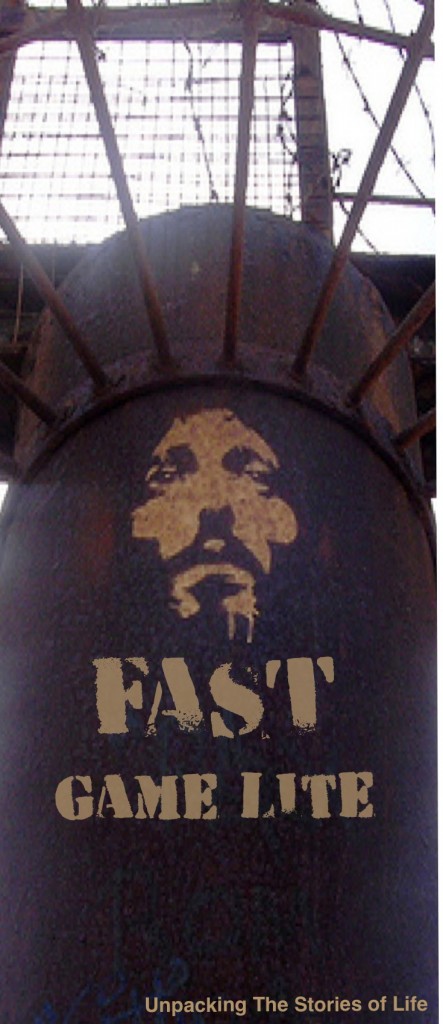Today the Arch bishop of Canterbury is visiting Coventry, where StreetSpace has linked with Urban Hope Coventry as an Alongside project. Yesterday I went to meet with Greg and the team to discuss them, increasing their involvment with us and becoming a partner with StreetSpace so we can offer a bit more support and structural help to the youthwork at Bardsley House and detached in the city centre.
UH is a great emerging expression of church who set up Coffee Tots. The work Greg and the team do is excellent, and has gone through various stages starting with detached work, drop in, through goth church to Coffee Tots and Urban Hope as an expression of church that has about 50 people linked in. I asked Greg if they organised around mission and the answer was yes and I think it has to be one of the nest examples of a missional church in the UK. Missional church is a church that defines and organises its life around its real purpose as an agent of God’s mission to the world. In other words, the church’s true and authentic organising principle is mission. Therefore when the church is in mission, it is the true church. The church itself is not only the product of that mission but it is obligated and destined destined to extend it by whatever means possible. The mission of God flows through every believer and every community of faith that adheres to Jesus. Hirsh “The Forgotten Ways” Brazos 2007 p238

I have know Greg for years and I love the parallels of the story of Urban Hope and the Gruffalo which the Arch-Bishop will be reading to the children at Coffee Tots today as part of his scheduled visit today. In the gruffalo story, a mouse is on a journey and on the way meets various creatures (a fox, a snake and an owl) that want to eat him, so he imagines the gruffalo to help him escape their hungry tummies, and with each encounter the mouses imagination grows as does the picture of the gruffalo in his head. At times for Greg and the team they were breaking new ground, and trying to explain to the powers that be what was happening and imagining the way head as they went. This future hope was powerful, it drove them on and enabled others to give them the space that was needed to the mouselike groups emerging.
When the mouse actually encounters the Gruffalo there is a point when it all seems about to go horribly wrong, but the journey has given him a confidence and robustness to bluff his way out, and it actually turns out the Gruffalo is much more fragile than first thought. Greg and team will encounter the Gruffalo today in the form of the arch bishop and all that he represents as the leader of the Anglican union and Rowan is so right for the role not only with beard and voice, but also with the humility and fragility that will read a story to bunch of children of parents who would never come near the established institution he represents, without the courageous journey of the mouselike Rev Greg Bartlem, who I am pleased and privileged to know and gives more to StreetSpace than I feel able to return.

